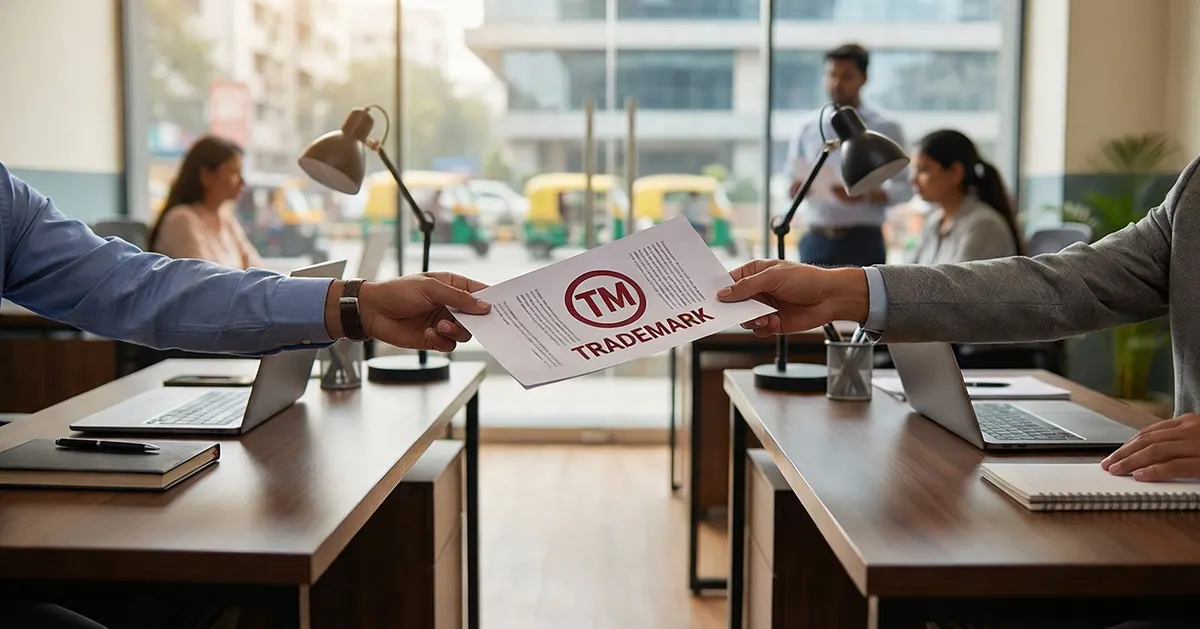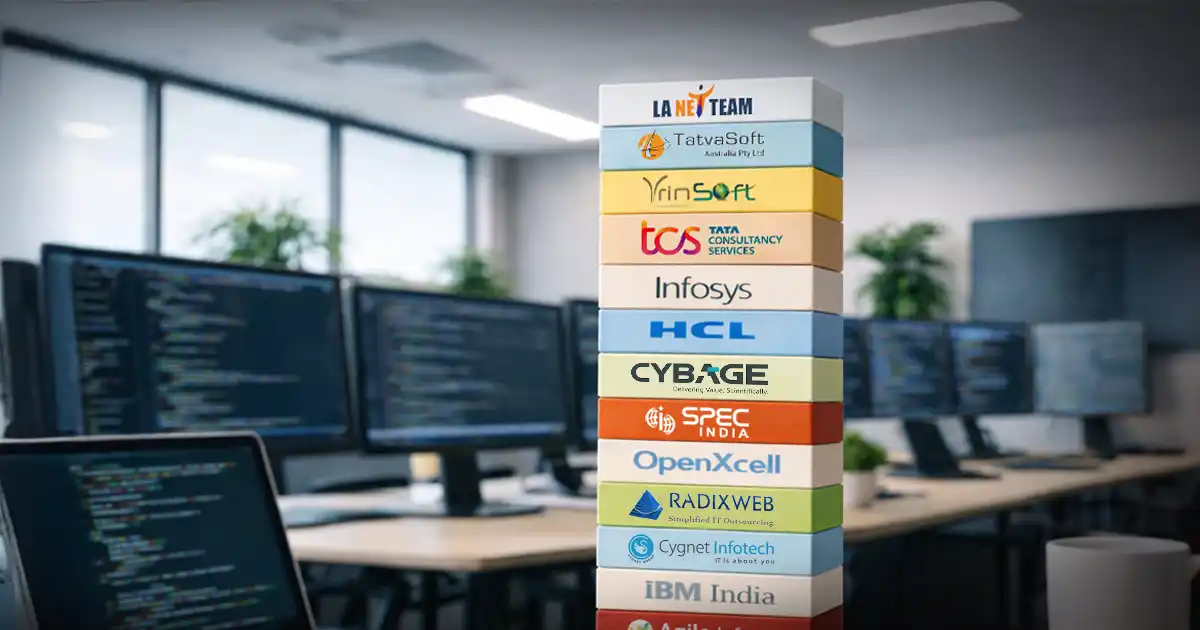IEC (Import Export Code) Registration grants businesses and individuals a 10-digit code, which legally authorizes them to import & export goods or services. This code, issued by the Directorate General of Foreign Trade (DGFT), serves as proof that your business complies with foreign trade regulations when conducting international operations.
In short, having an IEC Code confirms your legal right to participate in global trade. Without proper registration, you may face significant fines, business limitations, difficulties with customs clearance, and potential harm to your company’s reputation.
Different Types of IEC Registration in India
Select the appropriate IEC Registration type based on your specific business structure:

1. Sole Proprietors
The IEC is issued in the name of the individual proprietor. Applicants must provide their PAN card and address proof. This option suits small-scale traders who operate independently without forming a formal company.
2. Partnership Firms
Partnership firms can obtain an IEC in the firm’s name. Required documents include the partnership deed, the firm’s PAN card, and address proof. This type of IEC is ideal for businesses owned and managed by two or more partners.
3. Limited Liability Partnerships (LLPs)
LLPs offer a hybrid structure combining partnership flexibility with limited liability protection. To register for IEC, LLPs need to submit their registration certificate, PAN, and address proof. This suits growing businesses that want limited liability but prefer a simpler structure than a company.
4. Private Limited Companies
Private limited companies are separate legal entities from their owners. They must provide incorporation certificates, company PAN cards, and proof of registered office address to apply for the IEC. This type is preferred by medium to large enterprises requiring limited liability and formal corporate governance.
5. Public Limited Companies
Public limited companies, which can raise capital from the public, also require incorporation certificates, company PAN, and registered office proof for IEC registration. These companies are generally larger and subject to stricter regulatory requirements.
6. Trusts
Trusts, usually formed for charitable or religious purposes, can obtain IEC if they are engaged in import-export activities. They need to submit the trust deed, PAN card, and address proof as part of their application.
7. Societies
Societies registered under the Societies Registration Act can also apply for IEC. Required documents include the society registration certificate, PAN card, and proof of address. This allows non-profit organizations involved in trade to operate legally in import-export.
8. Hindu Undivided Families (HUFs)
HUFs can register for IEC in the name of the family business. They are required to provide the PAN of the HUF and address proof. This enables family-owned businesses to conduct import-export operations legally.
Objectives of IEC Registration
Government authorities implement the IEC Code Registration to achieve several important goals:
- Regulate import and export activities across borders.
- Maintain records of all foreign trade transactions.
- Generate trade statistics for policy formulation.
- Prevent illegal trading practices and smuggling.
- Ensure compliance with international trade agreements.
- Monitor foreign exchange flow during trade transactions.
- Enables businesses to claim export incentives and benefits under government schemes.
- Helps prevent unlawful trading and smuggling through official registration.
- Allows authorities to monitor and track all import-export transactions.
Laws and Authorities Governing IEC Registration in India
IEC registration in India is regulated by specific laws and overseen by designated government bodies to ensure compliance in international trade.
Key Legal Framework
IEC registration is primarily governed by the following acts and policies:
- The Foreign Trade (Development & Regulation) Act, 1992
- Foreign Trade Policy (issued periodically by the Directorate General of Foreign Trade)
- The Foreign Exchange Management Act, 1999 (FEMA)
Regulatory and Implementing Authorities
The following authorities are responsible for the administration, processing, and enforcement of IEC registration:
- Directorate General of Foreign Trade (DGFT): Central authority for issuing and regulating IECs.
- Regional DGFT Offices: Local branches are responsible for processing applications.
- Customs Authorities: Ensure IEC compliance at ports, airports, and borders.
- Special Economic Zone (SEZ) Authorities: Govern IEC-related operations within SEZs.












